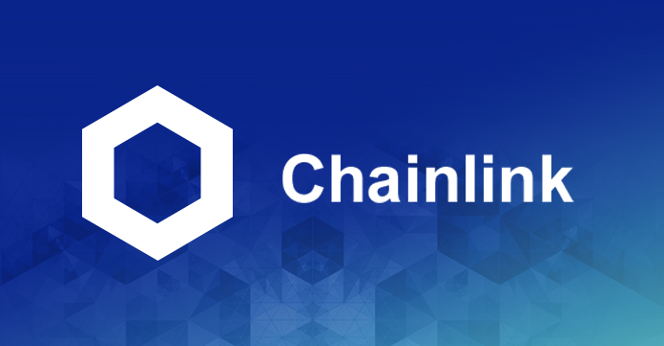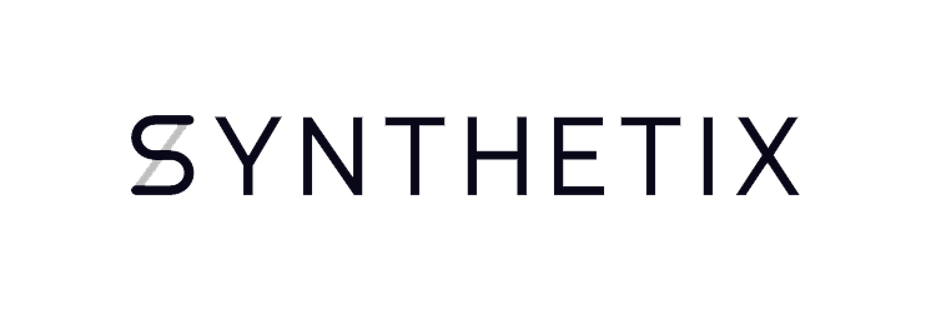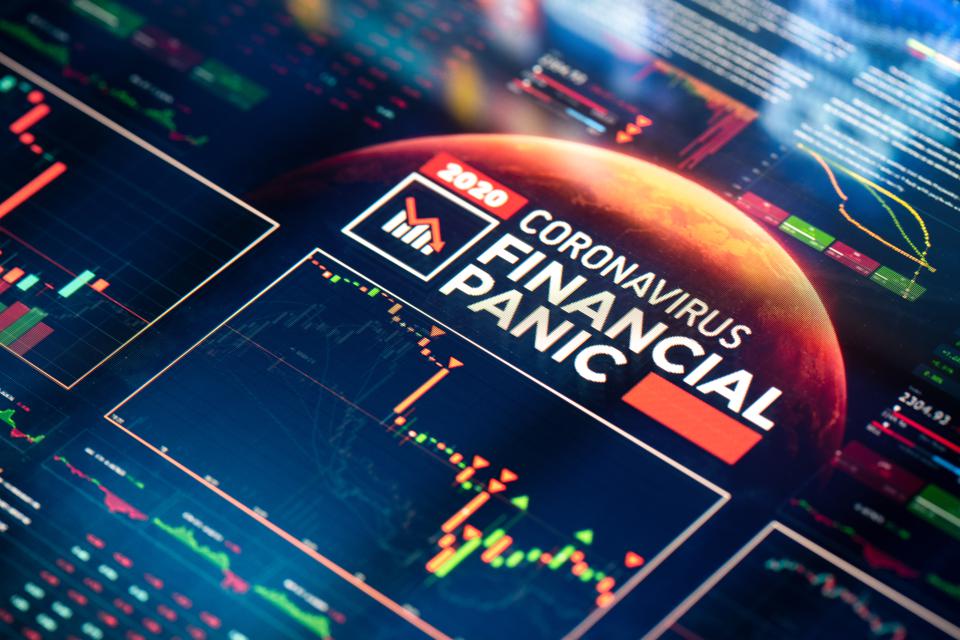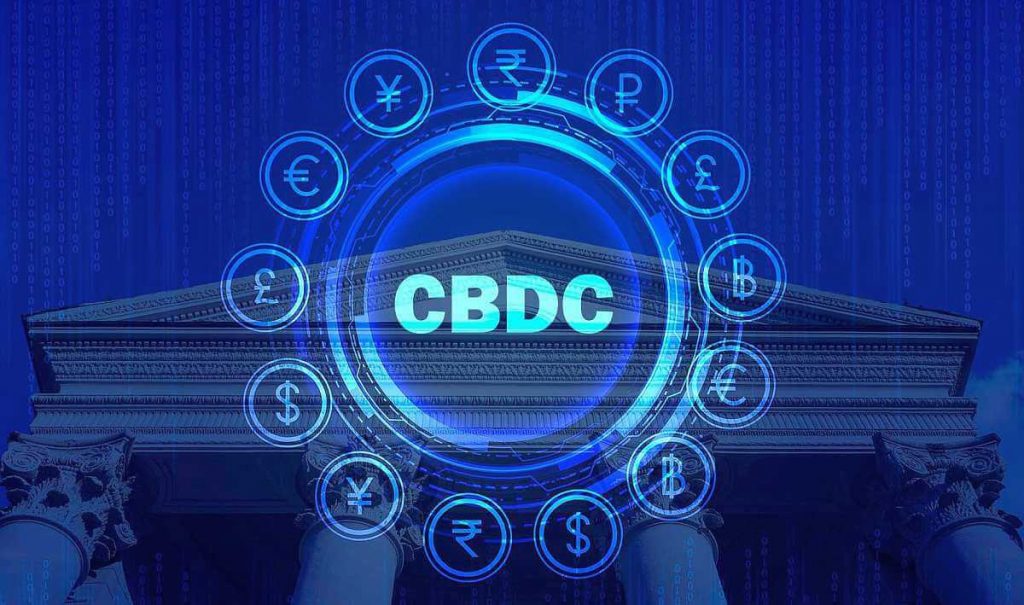
July of 2020 was a pivotal month for the advent of greater cryptocurrency adoption. Several significant announcements in the blockchain space recently point towards increased adoption of cryptocurrency on a global scale. However, the type of adoption in question varies in its appeal and has sparked questions about the future of cryptocurrency and the contrast between its roots and the future uses of the technology.
According to a survey released by HSB in January, at least a third of small-medium sized businesses in the United States accept cryptocurrency as payment for services and goods. The report also indicates that newer companies could be up to twice as likely to accept crypto as payment.
There is a definite shift in how cryptocurrencies are perceived by businesses today from how they have been viewed historically, reflecting the number of merchant services that have recently entered the market. Even fast-food giants such as Subway, Burger King, and KFC have dabbled with crypto payments, showing that there is an apparent demand for blockchain-based payment infrastructure.
Crypto Mass Adoption
Projects such as Utrust are offering blockchain-powered borderless payment systems that could rival the likes of PayPal. Meanwhile, Baseline protocol is providing a framework for enterprises, which could drastically reduce overheads and increase operational integrity by implementing blockchain technology into payment systems and data storage while automating business processes and improving security.
There are more ways than ever before to purchase cryptocurrency, and the number of new active wallets is increasing daily. Established crypto custodian Coinbase has shown increased demand this year, with over 35 million users across more than 100 countries.

However, a number of competitors have entered the space in 2020 to claim their market share. Meanwhile, Binance has expanded its crypto exchange offerings to include a number of local currency pairs, providing 15 new fiat-gateways to broaden the global cryptocurrency market.
Those with more traditional buying habits can now buy Bitcoin at their local 7-Eleven in the US. Bitcoin ATMs are popping up all over the country with an additional 20,000 to be added to retail centers in the near future. This is driving adoption towards cryptocurrency like never before by making it as simple to purchase as buying groceries.
Chainlink Integration

Chainlink (LINK) has been one of the stand-out performers of 2020. With announcements of collaborations and integrations almost daily, the decentralized oracle provider shows an increase in real-world use cases, expanding the network effect of blockchain applications on a global scale.
Among the many Chainlink integrations announced recently were collaborations with telecoms giants Vodafone, Deutsche Telekom, and Telefónica. This has seen the price of the LINK token skyrocket as speculation increases around future integrations of the project.
In order for businesses to operate on the blockchain, they must have reliable real-world data sources and price feeds. By meeting the demands of the global enterprise, blockchain infrastructure will play a vital role in the future of global technology.

Chainlink is also the oracle of choice for major DeFi players such as Synthetix and Aave. The number of Chainlink collaborations in recent months, including partnerships with Google and Microsoft, suggests that the demand for blockchain technology is on the rise, and big businesses are taking note.
Bitcoin Is Money
The broad acceptance of cryptocurrency is by no means restricted to businesses. A Federal Court has ruled that Bitcoin will be treated as money with regards to money transmission licensing in Washington DC, acknowledging Bitcoin as a medium of exchange, payment method, and store of value.
In reality, such acknowledgments do little to reflect the status-quo, as cryptocurrency has been used as payment for goods and services for years. However, this does give the green light to a lot of businesses who may have been reluctant to incorporate crypto payments in the past.
China
As tensions between the US and China continue to increase, the race for dominance in blockchain infrastructure between the two economic powerhouses is truly underway.

The Chinese Blockchain-Based Services Network (BSN) is the world’s first state-owned blockchain infrastructure. BSN is extending the global reach of its blockchain framework with the addition of 6 integrations with major decentralized blockchains, claiming that, in the future, it could be more cost-effective and reliable for Dapp developers to utilize the BSN network in favor of many existing networks.
BSN plans to unify fragmented blockchain networks by bringing interoperability to developer communities outside of the country. This could be a huge catalyst for serious cryptocurrency adoption as BSN plans to globally integrate more than 100 public blockchains by the end of 2020.
Regulation
Meanwhile, United States financial regulators have issued a statement allowing national banks to provide custodial services for cryptocurrency holders. This follows a number of European banks moving towards selling crypto and offering crypto custodial services.
Crypto debit cards have become extremely popular over the last few months as digital currencies’ appeal becomes too great to ignore. Crypto.com, Monolith, and Plutus have received considerable interest from crypto users after integrating with major card providers to bridge the gap between legacy finance and cryptocurrency by allowing users to exchange their crypto for fiat at the point of sale.

As the initial phases of Ethereum 2.0 look set for early August, staking has become commonplace in crypto, with a number of high-quality projects and services offering an array of benefits, discounts, and rewards to coin holders. The staking narrative is seen across many platforms and will likely be a heavy feature in upcoming projects in Cefi and Defi.
A slew of behemoths in the traditional financial sector are flocking to cryptocurrencies, despite previous attempts to vilify the technology and distort its potential. Visa, Mastercard, and Paypal are looking to claim their place at the cryptocurrency table in an attempt to explore new markets and stay relevant by offering crypto services to their existing customer base.
Is Crypto Mass Adoption More Valuable Than Decentralization?
There is no simple answer to this question. On the one hand, China’s implementation of public blockchains is a big plus for the industry. Still, there are many limitations around cryptocurrency ownership across several parts of the world, including mainland China.
This surge in blockchain adoption will likely serve to benefit enterprises, while many citizens could still be punished for breaking the law by holding cryptocurrency. Though several prominent Chinese influencers are promoting cryptocurrency, many advise their followers to be diligent in using a VPN when purchasing online, as access to cryptocurrency exchanges is restricted for Chinese citizens.
It could be argued that if banks and other centralized entities are able to get a piece of the blockchain pie, the technology will lose its decentralized heritage, particularly if banks are tempted to acquire failing crypto companies in the coming years.
Despite this, the convenience that such custodial services could offer will undoubtedly make cryptocurrency more appealing and more accessible to a larger audience than ever before.
The likelihood is that soon, all currencies will be digital. At this crucial inflection point, alternative monetary policy can truly become mainstream without relying on the legacy system’s demise. In fact, cryptocurrency now has the platform and the scope to truly compete and challenge the status quo, which can only be a net positive for crypto mass adoption and utility.
Is Mass Adoption A Good Thing?
Cryptocurrencies have the potential to level the playing field for those living in countries excluded from the global economy by providing access to sound money and censorship-resistant financial instruments. The more money comes into the cryptocurrency market, the higher the potential for a price rally and larger returns for investors.

However, the mass adoption of cryptocurrency would likely come with higher regulation levels, which could also impact price volatility. The idea of centralizing Bitcoin does not appeal to many maximalists as it goes against the core principles held by early adopters of the technology.
The volatility of cryptocurrency is encouraging to many traders and investors. Without this volatility, there could be an exodus from the space, in which case cryptocurrency runs the risk of becoming just another tradeable asset.
What Are The Benefits Of Centralization?
The move by traditional payment giants towards cryptocurrency signals a shift in overall market sentiment. On a practical level, the move could encourage more sophisticated investors to participate in the space, bringing a new wave of innovation that could further drive crypto adoption while delivering a safe and secure financial service for consumers and businesses.
Cryptocurrency exchanges and custodial services will likely play a large role in tackling nefarious activities in the coming years. While KYC is avoided by many, it minimizes potential risk and fraud as crypto scams continue to plague the internet.

Historically, the decentralized nature of the Bitcoin network has been a hurdle for the mass adoption of cryptocurrency by institutions, but the appeal of Ethereum and its semi-decentralized nature offers an attractive on-ramp for institutional payments systems and developers. Ethereum continues to be the platform that captures the most innovation in the crypto space, with Visa having already announced that they plan to build on Ethereum.
Although Ethereum is the clear frontrunner in Defi, projects such as Cosmos, Tron, and Polkadot are becoming increasingly popular, largely due to interoperability and freedom of opportunity provided outside of the Ethereum network. The DeFi narrative has changed considerably in the past few months, many projects which were once on the fringe are showing increasing signs of crypto mass adoption, therefore increasing opportunity for developers and investors.
A focus on interoperability has enabled many projects to come together and disband some of the tribalism between crypto communities, assisting in bridging the various ecosystems together, which have emerged outside of Ethereum. The combined network effect of multiple blockchain ecosystems is far greater than that of any individual project outside of Ethereum, which creates a healthy level of competition within the space and could increase the value of the entire cryptocurrency market exponentially.
Hyperbitcoinization
The events of 2020 have highlighted the importance of financial literacy. People across the globe seeking a true store of value are turning to Bitcoin and other cryptocurrencies in an attempt to preserve the purchasing power of their wealth. Government bailouts and unprecedented quantitative easing have led to distrust in Central Banks worldwide. At the same time, Bitcoin presents itself once again as a deflationary-resistant, mathematically-verifiable unit of account, free from manipulation and governmental intervention.
As economic turmoil spreads across the globe, the argument for Bitcoin becoming the world’s dominant currency is not as far fetched as one might have previously thought.

The Covid-19 pandemic has set the stage for hyperbitcoinization. Paper cash had fallen out of favor well before it was necessary to disinfect it with each transaction. There is also a national coin shortage in the US as fewer people are spending their lower denominations. Even if they wanted to, many of the businesses accepting coins have been closed and are unable to funnel them back into the system.
As unemployment continues to rise worldwide, people are losing faith in governments and monetary policies. When fiat currency loses its purchasing power and stimulus packages fail to meet the needs of everyday working people, hyperinflation seems like an increasing reality. As such, inflation-hedged assets such as gold and Bitcoin have seen an uptick in value and increased favourability in market sentiment.
Utility
The move away from cash is met by increasing demand for central bank digital currencies or CBDCs. CBDCs could be a serious catalyst for the mainstream adoption of blockchain technology by promoting innovation and improving cross-border payment technologies to meet future demands for a digital economy.

The conversation around blockchain technology is not limited to cryptocurrency price speculation and market volatility. The adoption of blockchain technology is pushing use cases into everyday life, bringing some of the greatest minds together industry-wide to solve many of the pain points experienced by businesses and consumers, by ensuring integrity and provenance in global supply chain management, optimizing efficiency in enterprise infrastructure and providing convenient point-of-sale solutions and liquidity pools for borrowing and lending.
Cryptocurrency is becoming a mainstay for people from all walks of life. The years ahead are exciting for the crypto community, but more so for those who see the bigger picture for the mass adoption of blockchain technology. Blockchain is leveling the playing field for emerging economies and will allow new industries to flourish by offering new incentives to developers and users, allowing young and progressive businesses to compete with archaic institutions that are deemed too big to fail.
To some, mass adoption of blockchain seems imminent, and there are a host of cryptocurrency services available which provide seamless integration with traditional financial applications while acting as a gateway for first-time users. The world of finance and technology is embracing this exciting new frontier, and there are many exciting prospects on the horizon that point towards a smooth transition into blockchain and crypto mass adoption. Anyone looking to learn more about blockchain technology should be sure to check out Ivan on Tech Academy, one of the premier platforms for learning blockchain.





